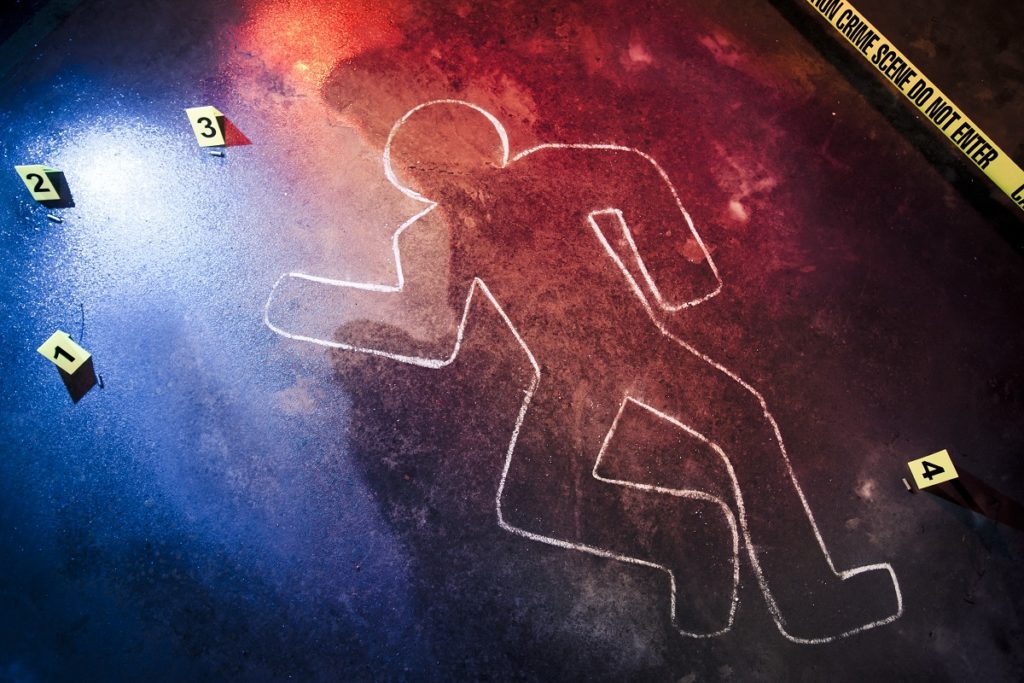The world of criminal investigation is probably one of the most seen in popular culture, thanks to television and movies. Crimes remain perpetually intertwined with the lives of viewers and the work of producers and actors in the entertainment industry. However, what is generally left out, owing to the complexity of the job, is the whole process of investigating crime. It is hard, if not almost impossible, to produce scenes that are akin to the real drama of crime investigation. Still, if one learns the trade, particularly through a criminal investigation course, examining crime becomes a different narrative – raw yet transforming.
When one studies criminal investigation, there is an expectation of previous related experience or education, whether one has been a patrol officer or studied criminal law. The course is interdisciplinary. It covers subjects in crime science, law, and human behavior.
General Objectives and Outcomes
Key expectations from the study of criminal investigation ensure that the learner becomes adept with how crimes are analyzed and documented. As a main objective, the course aims to teach law enforcement personnel the rigors of criminal investigation theory and practice. After completing the course, students will be able to apply the principles of crime investigation to all types of crimes encountered in the job. They will also be able to use criminal law procedures in citing decisions made in court as well as refer to existing constitutional and penal laws.
Major Topics Studied
 Studying criminal investigation puts emphasis on preparing affidavits and search and arrest warrants, interviewing people, developing leads, and applying the rules of evidence. Students will also learn how to prepare cases and follow procedures for specific crimes. Usually, four subjects or topics are required for a basic course.
Studying criminal investigation puts emphasis on preparing affidavits and search and arrest warrants, interviewing people, developing leads, and applying the rules of evidence. Students will also learn how to prepare cases and follow procedures for specific crimes. Usually, four subjects or topics are required for a basic course.
- Fundamentals of Criminal Justice – This introductory subject teaches the theoretical foundations of criminal justice. It includes the history of criminal justice in the United States. The current practice of the U.S. justice system is also studied as well as the roles of enforcement agencies, the courts, and the prison system.
- Fundamentals of Criminal Investigation – This subject starts with the basic principles of criminal investigation. Students will also learn to analyze investigative techniques, patterns of crime, and the way criminals commit their crimes. They will also learn strategies in interviewing and interrogation, procedures in collecting and managing evidence, aspects of surveillance, and examination of the crime scene.
- Procedural Criminal Law – Learning criminal law is also part of the course. Procedural criminal law teaches the legal procedures that are mandated by the U.S. Constitution. It includes rules and provisions in crime investigation and management.
- Crime Scene Documentation – This topic teaches the methods to identify evidence and how to document the location of the evidence. It also teaches crime scene sketching and the proper collection and handling of evidence from the crime scene, to the laboratory, and to the courtroom. There will be laboratory exercises to hone a student’s investigative skills.
Investigating crime is a relatively hectic task. It involves a meticulous approach of probing the ins and outs of a crime, taking into consideration the perspectives of many actors involved in it. Studying it may require some familiarity, or at least an interest in, with law enforcement and criminal law.











